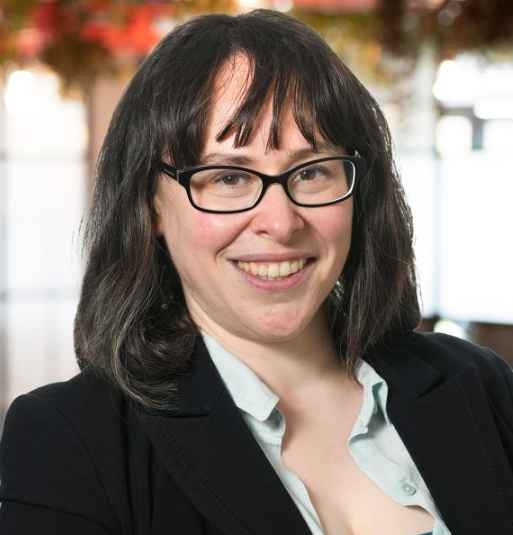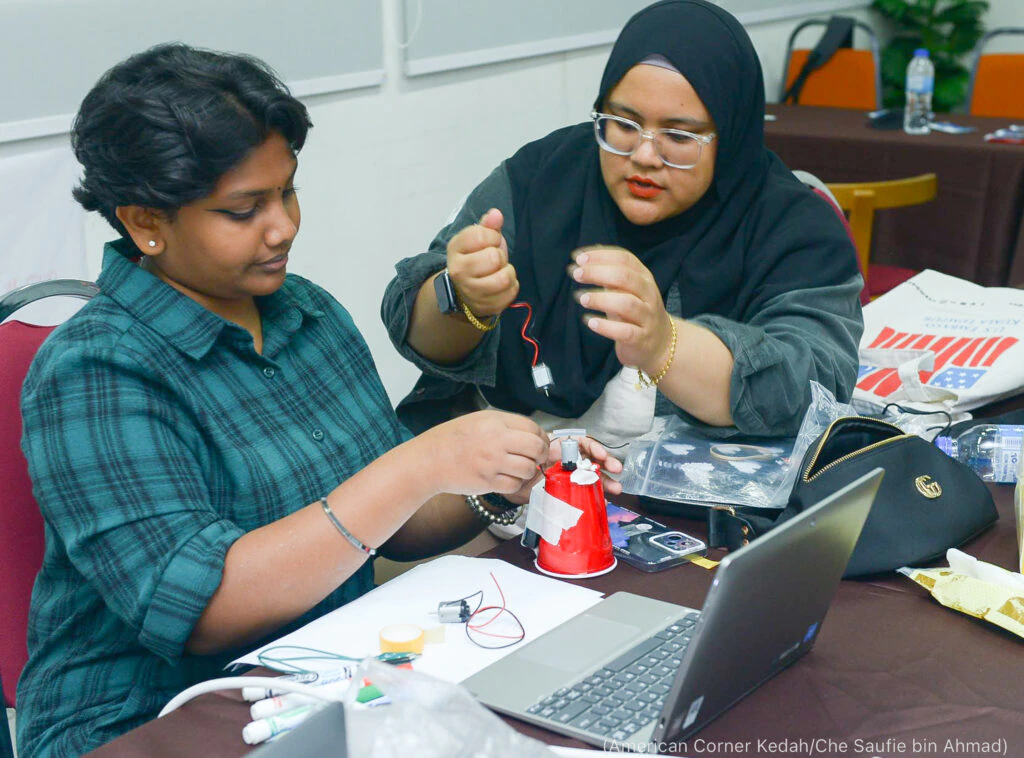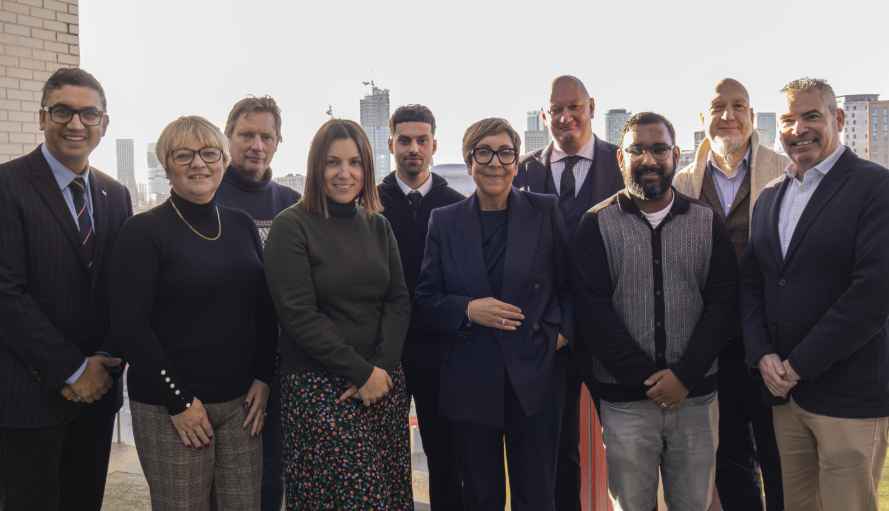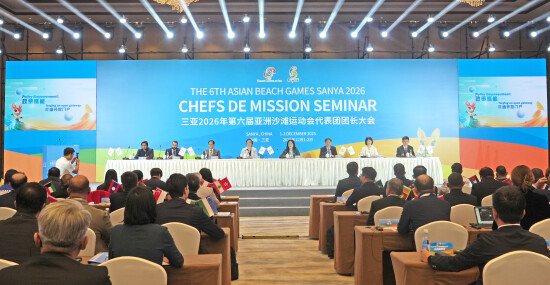“STEM brings out a lot of career choices for women,” says Indonesian high school student Karin Agnesia Ignotius, a participant in Women in Science Camp (WiSci), a recent State Department program.
“The normalization of women working and participating in the STEM field will help society to understand that women can do things as good as men.”
Three U.S. embassies coordinated on the WiSci Camp for female secondary-school students in Southeast Asia. Private grants made the program accessible to girls from Indigenous communities and lower-income households.
The U.S. State Department’s American Spaces hosted the girls so they could learn about science, technology, engineering and math (STEM), while U.S. non-profit Girl Up! and U.S. companies Intel and Caterpillar worked with WiSci’s team to provide funding, mentors and facilitators, curricula, and program materials for the students. Sukarti — an English instructor at Language Centre Tanjungpura University — was a camp counsellor in Indonesia who led a group of 10 high school girls through the lesson plans, learning side by side how to tackle STEM projects such as circuit building.
“It was a great experience to empower the girls in the STEM field, to encourage the girls to support other women,” Sukarti said. Her favorite part was the opportunity to offer “a model on how girls can raise their voices as equal as their male counterparts.”
In addition to electrical-circuit problem solving, they learned the mathematical differences between probability and chance, and listened to lectures and training from female leaders in STEM positions.
“By the end of the camp, I was more certain than ever that I’m going to pursue a career in the STEM field,” said Nurhumaida. Sukarti agrees and says the long-term potential for women staying in STEM fields is huge.
“Boosting women’s STEM participation in Indonesia is very important because discrimination exists,” Sukarti said. “I believe we have great potential if we are empowered.”











